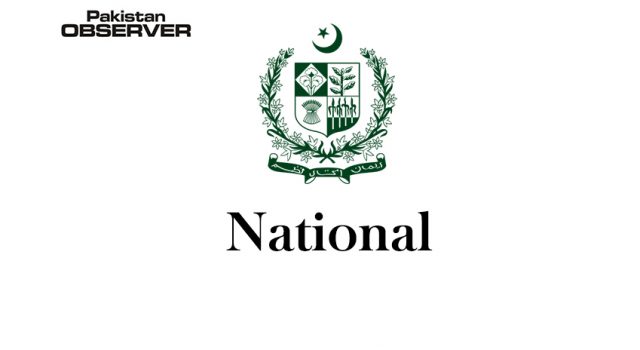ISLAMABAD Six leading global human rights bodies have jointly called upon the Indian government to release all the unjustly detained Kashmiris of the Indian Occupied Jammu and Kashmir (IOJ&K) on priority besides ensuring protection of their basic human rights to health, liberty, freedom of movement and protection from illegal torture. The demands were made by Amnesty International India, Asian Forum for Human Rights and Development (FORUM-ASIA), CIVICUS: World Alliance for Citizen Participation, International Commissions of Jurists (ICJ), International Federation for Human Rights (FIDH) And World Organisation Against Torture (OMCT) in a joint statement issued simultaneously from Geneva, Paris, and New Delhi the other day. Reminding the Indian authorities about their international rights obligations, these rights groups demanded to immediately release all arbitrarily detained prisoners in the (IOJ&K), including journalists, human rights defenders, political leaders and others detained simply for expressing critical or dissenting views, and all those arrested after August 5, last year. It was also demanded of the Indian government to ensure that safeguards against torture and ill-treatment of people in custody, including access to lawyers and medical examinations, were maintained during the COVID-19 emergency and restore full access to highspeed internet in IOJ&K. The statement said the fate of hundreds of arbitrarily detained Kashmiri prisoners hanged in the balance as the number of confirmed cases of coronavirus in India passed the 4,000 mark and many more were likely to remain undetected or unreported. Last month, Indian home ministry revealed that 7,357 persons had been arrested in IOJ&K since August 5, 2019. Hundreds of these were detained under sections 107 and 151 of the criminal procedure code, the Unlawful Activities (Prevention) Act (UAPA), and the Public Security Act (PSA), a controversial Indian law which allowed the administrative detention of any individual for up to two years without charge or trial. Reportedly, many of those still detained were minors, it added. The statement further said, “Many of those detained were transferred to prisons all across India, thousands of kilometers away from their homes, hampering their lawyers’ and relatives’ ability to visit them. Some of the families, often too poor to afford to travel, have been left with nothing but concerns over the physical and psychological well-being of their loved ones.” It said while referring to Indian home ministry’s recent announcement over release of prisoners “There is a concern that hundreds of Kashmiri youth, journalists, political leaders, human right defenders and others arbitrarily arrested in the course of 2019, including following the repeal of Article 370 of the Indian constitution on August 5, 2019, will not be among those benefiting from the measure. Article 370 provided special status to Jammu and Kashmir.” The human rights groups and UN experts had repeatedly called for the release as a matter of priority of those detained without sufficient legal basis, including political prisoners. Under international law, India had an obligation to ensure the physical and mental health and well-being of inmates. However, with an occupancy rate of over 117%, precarious hygienic conditions and inadequate health services, the overcrowded Indian prisons constituted the perfect environment for the spread of coronavirus, it added. The statement cited cases of Miyan Abdul Qayoom, a human rights lawyer and President of the Jammu and Kashmir High Court Bar Association, was also cut off from his family and lawyer. Detained since August 4, 2019 in India’s Uttar Pradesh State, he was transferred to Tihar jail in New Delhi following a deterioration of his health. Qayoom, 70, suffers from diabetes, double vessel heart disease, and kidney problems. Ghulam Mohammed Bhat was also transferred to a jail in Uttar Pradesh. In December 2019, he died thousands of kilometers away from his home at the age of 65 due to lack of medical care. —APP










